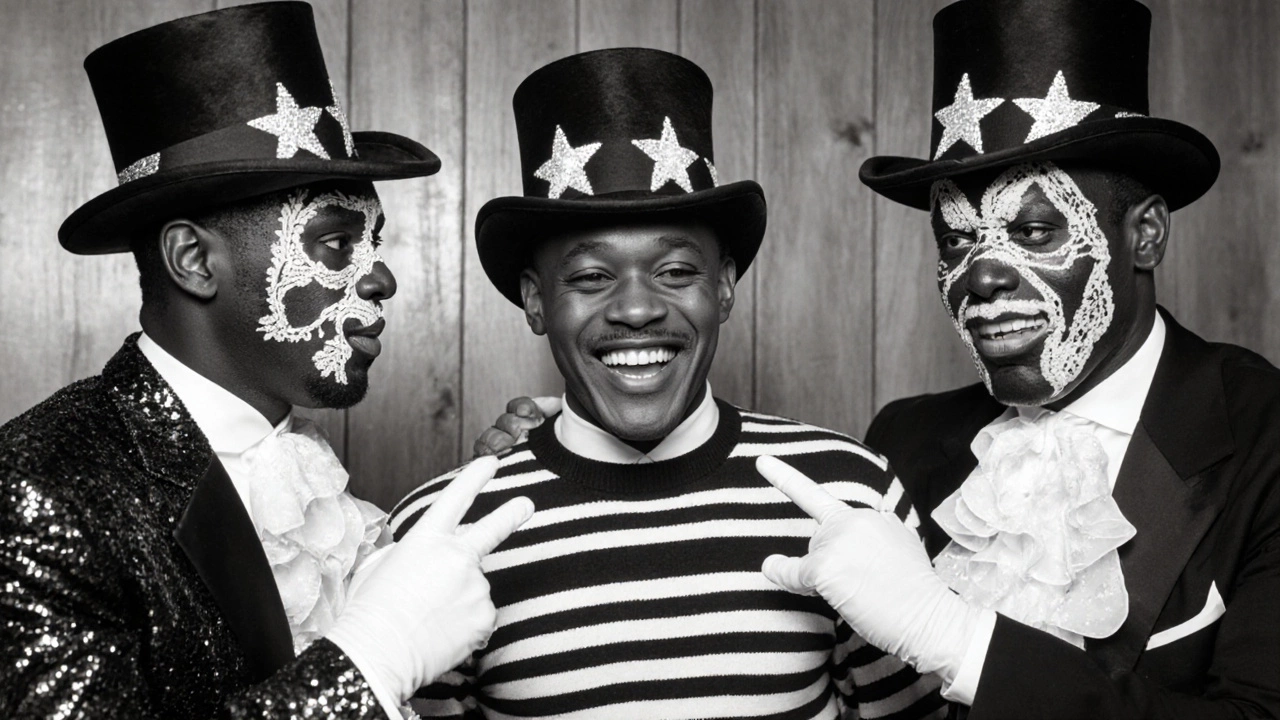Mental Health
When discussing mental health, the emotional and psychological well‑being of individuals, also known as psychological health, it’s easy to think only of therapy sessions. In reality, suicide prevention, efforts to reduce self‑harm and raise awareness and sports psychology, the study of mental factors that affect athletic performance are tightly linked. Mental health encompasses suicide prevention, athlete wellbeing requires sports psychology, and community support influences mental health outcomes. These relationships shape how fans, players, and coaches approach the game and everyday life.
Key Areas Covered
Our collection dives into three main angles. First, we highlight community initiatives like candlelit vigils and conferences that bring people together to talk openly about self‑harm, showing how community support, collective actions that provide emotional safety nets can lower the risk of crisis. Second, we explore the unique challenges athletes face—whether it’s adapting to a missing big toe or dealing with performance pressure—and how sports psychology tools such as mental rehearsal and stress‑management drills boost confidence on the field. Third, we examine practical advice for everyday players: choosing the right glove, mastering game fundamentals, and maintaining a balanced routine to keep both mind and body in sync. Each article offers concrete steps you can try right now, from breathing exercises before a pitch to reaching out for local mental‑health resources.
Below you’ll find a curated set of stories, guides, and personal accounts that together paint a fuller picture of how mental health intersects with sport, community, and personal growth. Dive in to see how these insights can help you stay resilient, support teammates, and enjoy the game on a deeper level.
- Quinton Stryker
- 0
Lenny Henry admits he needed therapy after blackface TV stint
Sir Lenny Henry reveals he needed therapy after his teenage stint on the BBC's blackface minstrel show, linking personal trauma to broader mental‑health advocacy.
Read more